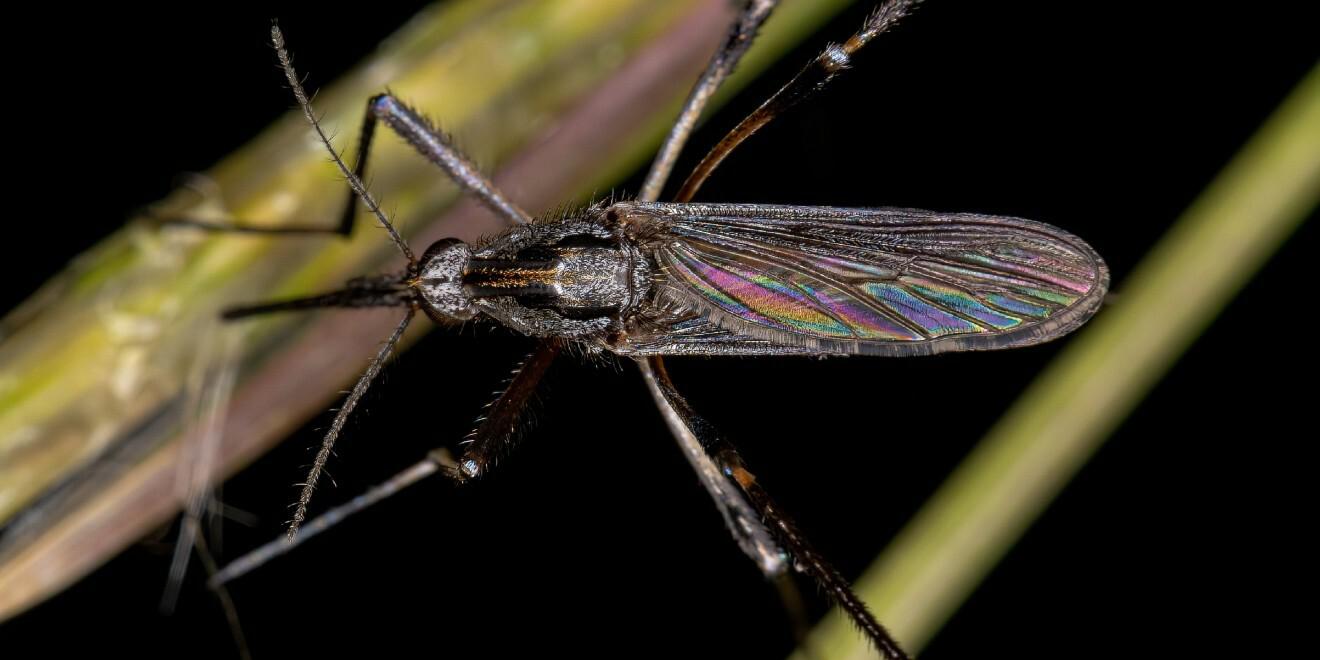A Vampire Tick – The Asian Longhorned Tick Will Bleed a Cow to Death and It Ain’t Far from The Upstate
Posted by Mosquito Squad
December 20, 2023

Last year we reported a new species of tick in the United States. At the time it had been identified in four states, but we are now up to ELEVEN states.
First discovered in New Jersey in 2017, the Asian longhorned tick is an aggressive and invasive species that is spreading quickly around the country. It has been identified in locations as close to us as North Carolina and Tennessee – making it just a matter of time before we find them here.
The Asian Longhorned Tick
 It sounds like something out of a horror movie. As if ticks were not already gross enough. The Asian longhorned tick can reproduce itself without a mate.
It sounds like something out of a horror movie. As if ticks were not already gross enough. The Asian longhorned tick can reproduce itself without a mate.
Yes, you read that right, a self-cloning tick.
The female can lay eggs, and they will hatch into new tick larvae without any fertilization from a male tick.
How Does the Asian Longhorned Tick Clone Itself?
The female Asian longhorned ticks collected by scientists in the field have both male and female reproductive organs.
Each adult female Asian longhorned can lay between 2,000 – 4,000 eggs per year. And without the need of a mate, this allows for their populations to grow quickly.
What is the Threat from the Asian Longhorned Tick?
Currently, in 11 states, the Asian longhorned tick is the first new species discovered in the U.S. in 80 years! Only two people in the U.S. have been bitten by the Asian longhorned tick – so the current threat to humans is yet unknown.
However, in North Carolina, five cows have died due to an infestation of these ticks. The anemia was caused by blood loss as so many ticks were feeding on them for such a long amount of time. Essentially these cows were drained of all their blood until they perished.
Outside of the U.S., where these ticks have previously resided, they are known to carry a variety of dangerous infections and viruses. If you think you have found one of these ticks, you must save it in a sealed baggy and submit it for testing.
Follow these directions for tick submission:
To do so, place the tick in a zip-close bag labeled with the date, location it was found and the animal the tick was found on, and mail it to 370 Plant Biotechnology Building, 2505 E.J Chapman Drive, Knoxville, Tennessee 37996.
In the meantime, make sure you eliminate as many ticks as possible on your property so you can avoid the creepiness and lower your risk for current local tick-borne diseases such as Rocky Mountain Spotted fever and Lyme Disease. Call our team for a free quote on tick control for your property.















